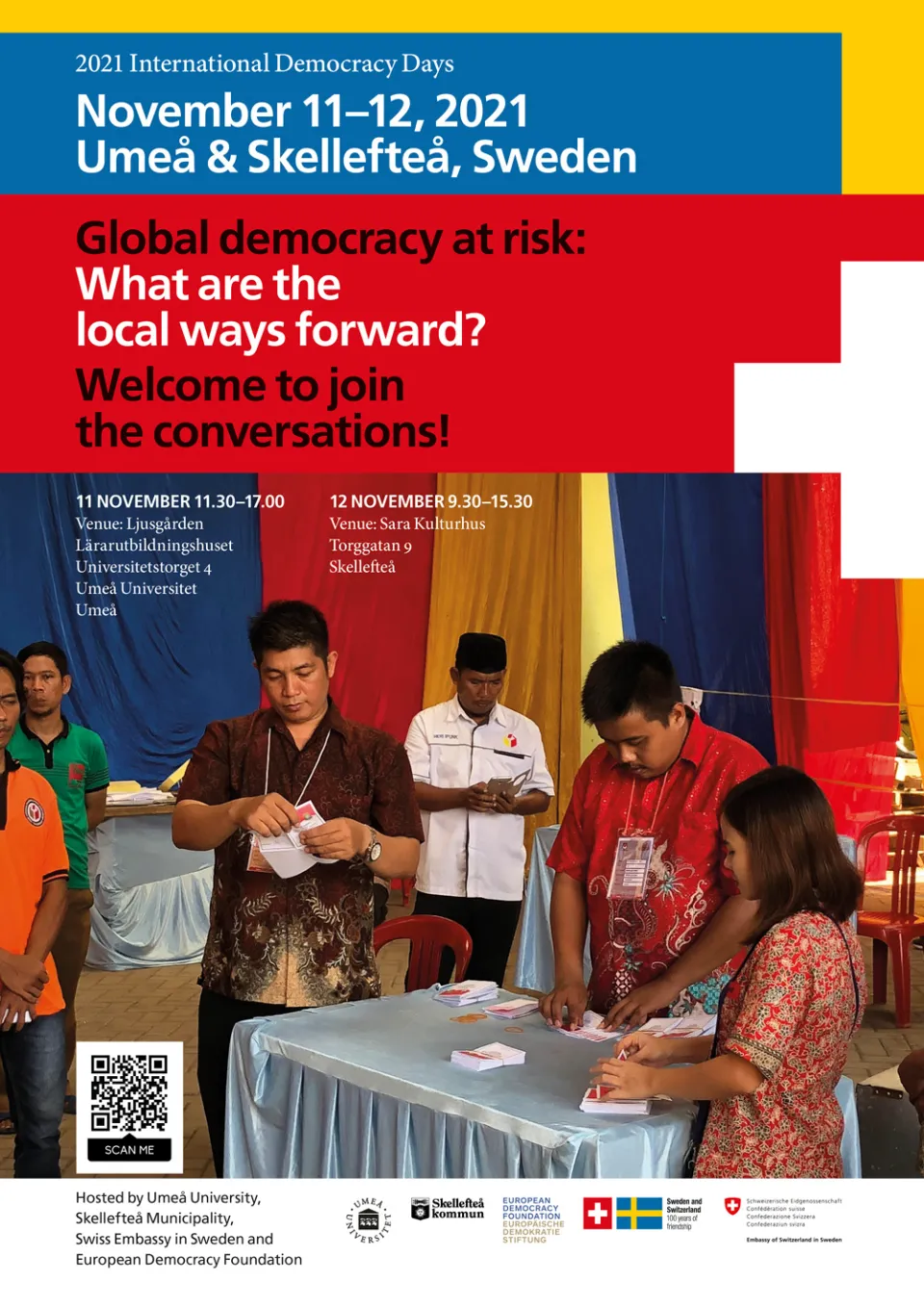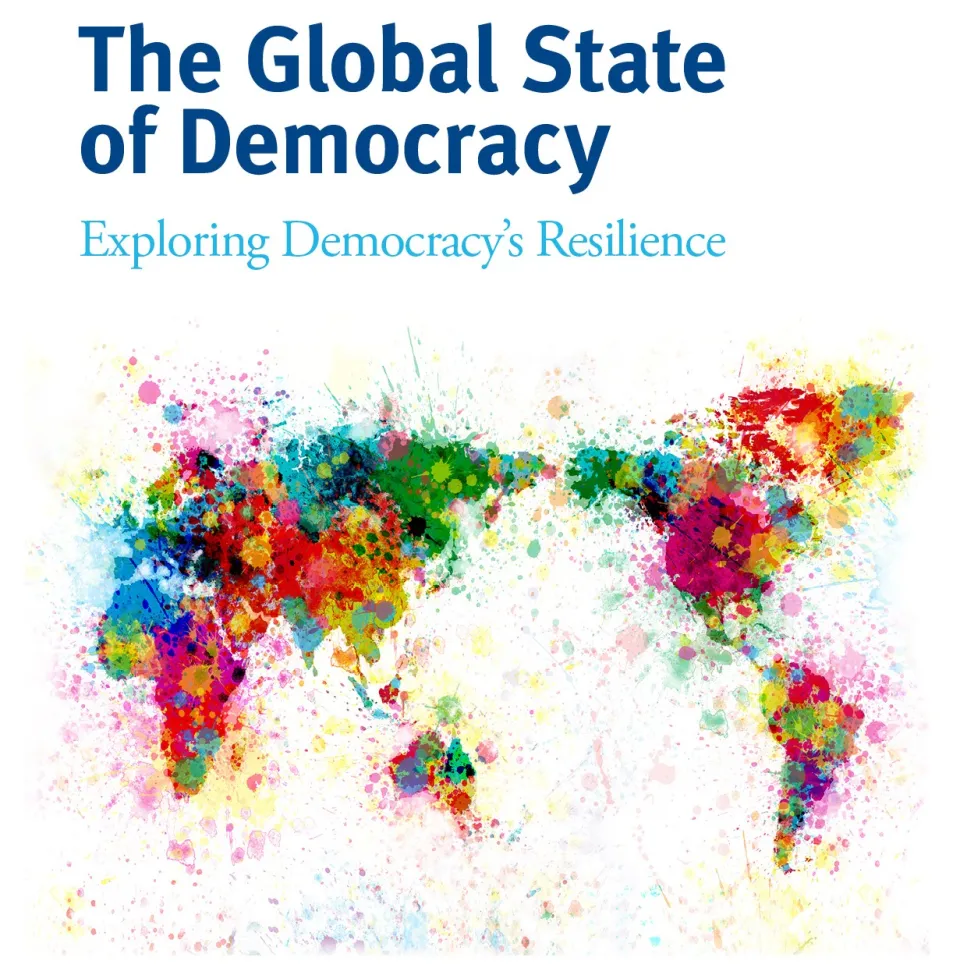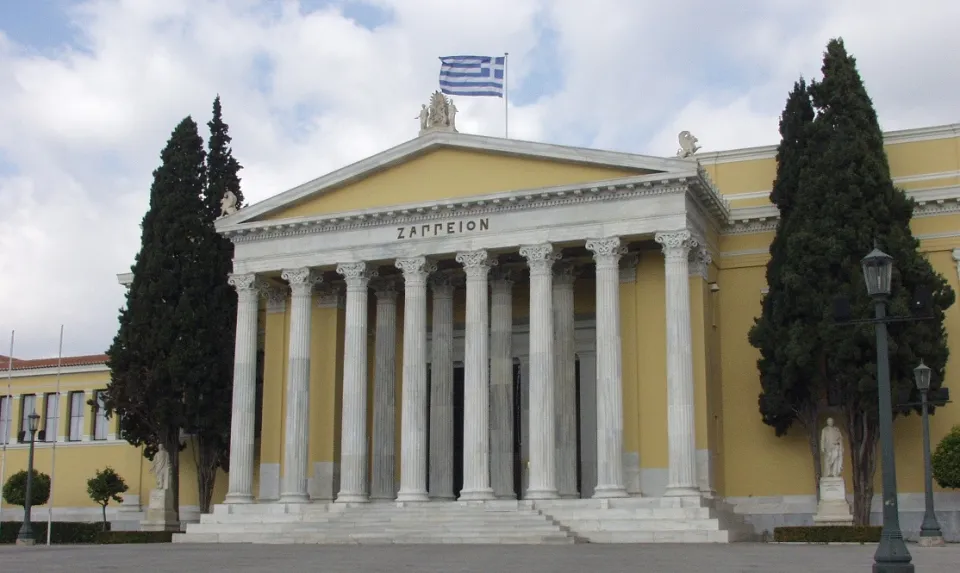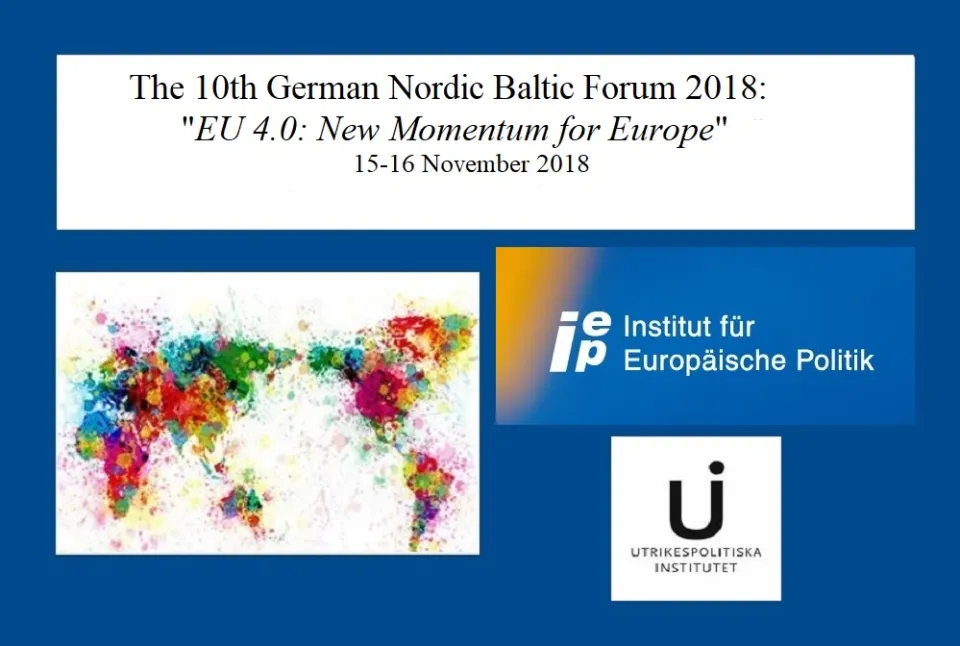The State of Democracy in East-Central Europe: 30 years after the fall of the Berlin Wall

READ THE GLOBAL STATE OF DEMOCRACY 2019: ADRESSING THE ILLS, REVIVING THE PROMISE
On 20 November 2019, the International Institute for Democracy and Electoral Assistance (International IDEA) in partnership with the European Committee of the Regions (CoR) will host an event aimed at commemorating 30 years since the fall of the Berlin Wall.
BACKGROUND OF THE EVENT
The 9th of November 2019 has marked 30 years since the fall of the Berlin Wall and the start of Europe’s largest wave of democratisation since the end of World War II. In the 30 years that followed, countries in Central and Eastern Europe have gone through rapid democratization, and profound economic reforms, while the rest of Europe has also seen its democracies deepen further and European unity strengthened. Since 1975, Europe hasseen improvements on almost allaspects of democracy, including key attributes, such as Checks on Government and Fundamental Rights. These are measured by International IDEA’s Global State of Democracy (GSoD) Indices.
The past decade has, however, shown that while Europe has the highest number of democracies compared to other regions, the quality of these democracies has often shown signs of stagnation and at times erosion. East-Central Europe has been most affected by these declines, particularly in the sub- attributes of Civil Liberties, Freedom of Expression, and Media Integrity. In other countries, including a number of Western European Member States and beyond Europe, pressing challenges to democracy relate to the falsification of true democratic debate by the spread of fake news or populist speech.
EVENT OBJECTIVE
To discuss these developments, the International Institute for Democracy and Electoral Assistance (International IDEA) and the European Committee of the Regions (CoR) are organizing a conference “The State of Democracy in East-Central Europe: Thirty years after the fall of the Berlin Wall”. The Conference aims to contribute to building greater consensus among policymakers, politicians and thought leaders on the course of democratization in East-Central Europe over the past three decades. In so doing, it aims to form the basis for more open debate on how to reinvigorate the quality of democracies in the region and in wider Europe. It aims to revive the promise of democracy that inspired millions of citizens thirty years ago and helped launch the democratic transitions of the late 1980s.
EVENT DESCRIPTION
This one-day conference will gather former heads of state and government from East-Central Europe, leading representatives of state institutions and civil society organisations, high-level EU decision- makers, and representatives of democracy assistance organizations.
Panellists will be invited to explore the present state of their democracy, and analyse how the past thirty years conditioned their current state. International IDEA’s GSoD defines five key attributes of democracy: representative government, the provision and protection of fundamental rights, checks on government, impartial administration and participatory engagement. The panel debates will reflect on the GSoD findings.
international IDEA is an inter-governmental organization, with 32 Member States from across the globe. The Institute works to advance democracy worldwide, as a universal human aspiration and an enabler of sustainable development, through support to the building, strengthening and safeguarding of democratic political institutions and processes at all levels. The Institute works to achieve these objectives through consolidating and disseminating comparative knowledge on democracy, convening and facilitating dialogues at country, regional and global levels and providing policy advice to actors across the political and institutional spectrum.
The European Committee of the Regions (CoR) works to bring EU citizens closer to the EU. By involving regional and local representatives who are in daily contact with their electorate's concerns, but also by inviting citizens to participate in various events and debates, the CoR contributes to reducing the gap between the EU institutions' work and EU citizens and is the voice of regions and cities in the European Union (EU). The CoR represents local and regional authorities across the European Union and advises on new laws that have an impact on regions and cities. The Committee is a political assembly composed of 350 members and 350 alternates from all EU countries who have been elected at local or regional level.
READ THE GLOBAL STATE OF DEMOCRACY 2019: ADRESSING THE ILLS, REVIVING THE PROMISE



